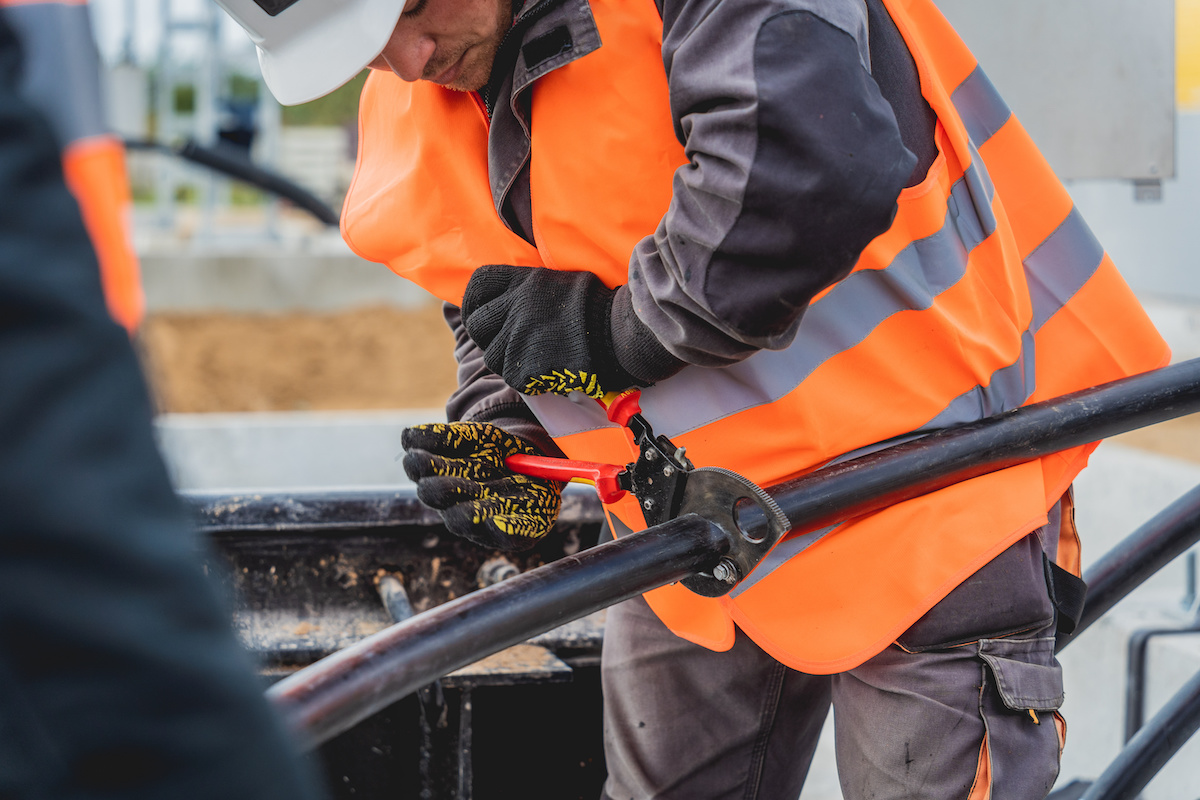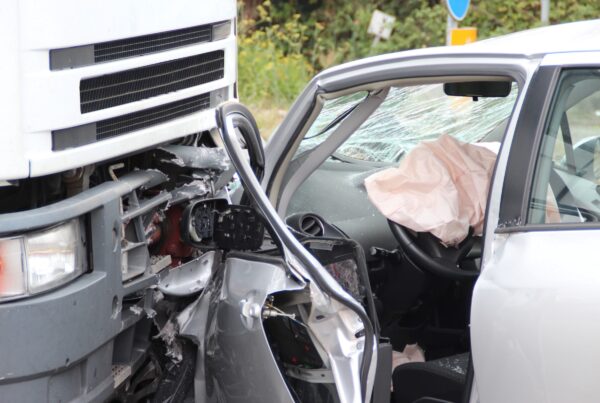Electrocution is a serious injury that can result in unconsciousness, burns, difficulty breathing, and even cardiac arrest. When electricity is conducted from an active source through the body, this is considered electrocution. It can be a small conduction event, such as a shock from an electrical outlet, or it can be a catastrophic event, such as a powerline technician attempting to work on a downed, still active powerline after a storm.
Because electricity is used for nearly every appliance in our homes and workplaces, it is important to be cautious when using, maintaining, or even being near them. Our bodies use electricity to function – from our heart pumping to our muscles moving, and any outside interference can disrupt these essential bodily functions. Therefore, it is key to understand electricity’s dangers and ensure all proper precautions are taken when working with it.
In this blog, our St. Louis personal injury experts dive into the four most common causes of electrocution in the workplace and the potentially negligent acts that give rise to them.
1. Inadequate or Faulty Safety Gear
Safety gear is paramount to decreasing the risk of electrocution when working on powered appliances. Personal protective equipment usually includes rubber gloves, insulated clothing, and protective eyewear. Unfortunately, in some instances, this safety gear can fail and result in devastating injury.
If, for example, rubber gloves are provided to electricians, but these gloves have small tears, this can allow conduction of electricity if there is skin contact. Even the smallest of openings allow conduction of electricity when skin touches or is near a powered device. Further, with some electricians and powerline technicians being on the front-line following storms, they must venture into floodwaters and areas with downed powerlines. The failure of any piece of their equipment can allow the conduction of electricity and electrocution.
2. Contact with Overhead Powerlines
Powerline technicians and others working around overhead powerlines must use a higher standard of caution. Metal ladders are commonly used as they are sturdy and easy to maintain. However, they can easily conduct electricity.
In some instances, contact can be made with overhead powerlines when moving extended ladders; anyone touching the ladder will be electrocuted if not wearing proper protective equipment. Of note, overhead powerlines are not insulated, meaning they can conduct electricity just by being touched and do not have a protective covering. This makes them exponentially more dangerous for workers. Therefore, caution, protective equipment, and understanding what materials conduct electricity are most important to stay safe around overhead powerlines.
3. Contact with Energized Equipment
Energized equipment includes machinery and conductors with an output higher than 50 volts, according to the National Fire Protection Association (“NFPA”). Article 130.2 of NFPA Code 70E requires this equipment to be de-energized prior to work being done.
There are only two exceptions to this rule. Equipment does not need to be de-energized if de-energization introduces additional hazards or increases workers’ risk. As such, when working around energized equipment, whether de-energized or not, workers must maintain appropriate awareness of their tools, their person, and their surroundings. Workers must be notified throughout the process of maintaining this equipment on the status of energization; failure to notify of energization or de-energization may result in electrocution.
4. Misuse of Extension or Flexible Cords
Extension and flexible cords are commonly found in home and office spaces. These cords can be used to allow multiple appliances to be hooked to one outlet, the use of an appliance with a greater reach than the original cord permits, or electrical hookups across large areas where there are few outlets. However, issues arise when these cords are overloaded. Overload occurs when plugged appliances take up more electricity than the cord allows or when the cord is degraded.
First, there are power limitations on each extension or flexible cord. Overloading this with appliances that take more power than provided by the extension cord can cause a short circuit or a fire. In some instances, those touching the appliance are at risk for electrocution, and this risk increases if the cord or outlet itself is touched.
Second, if the cord is damaged, meaning it is cracked or torn and the internal wiring is exposed, the risk for electrocution and fire is high. Exposed or damaged wiring can still conduct electricity and poses a risk of injury to anyone touching it. Failure to maintain extension and flexible cords or failure to discard damaged cords may result in serious injury to those touching or using them.
Conclusion
As discussed, strict adherence to safety procedures must be maintained throughout work on or near conductive equipment and devices. However, even with caution and heightened situational awareness, injuries, including electrocution, can still occur around electrical devices.
Electrocution injuries are devastating, whether from faulty safety gear, indirect or direct contact with overhead powerlines, failure to advise whether the equipment is energized or de-energized, or failure to maintain extension or flexible cords. They have the potential to result in death, even with little exposure to electricity. Therefore, it is paramount for employers to maintain strict safety procedures and for employees to follow them, but negligent acts are always possible.
If you or a loved one has suffered an electrocution injury in the workplace due to another’s negligence, contact the personal injury attorneys at The Simon Law Firm, P.C. for a free, confidential consultation. Failure to communicate, maintain equipment, or enact safety procedures may be negligent acts, and the dedicated attorneys at The Simon Law Firm are ready to fight for justice on behalf of injured employees and their families.







